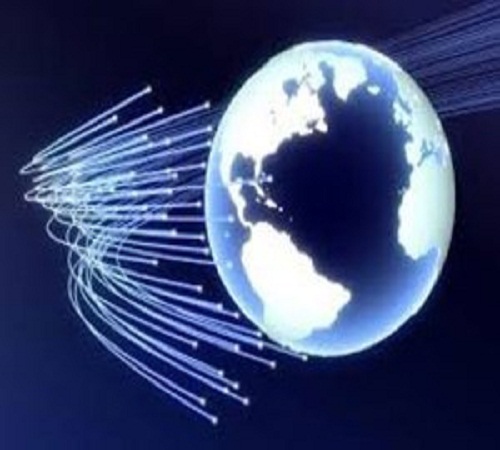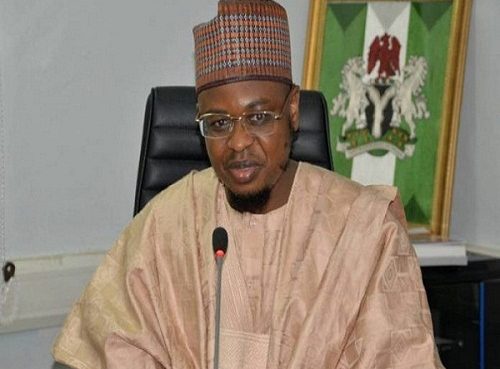A report launched at the annual meetings of the World Bank Group recently revealed that Africa requires an investment of $100 billion to be able to achieve universal, affordable, and quality internet access by 2030.
The report said the continent requires about 1.1 billion more people online to achieve universal broadband. World Bank Group is, therefore, calling for urgent action to close the internet access gap while providing a roadmap to reach this goal.
It said the agenda will require exceptional and coordinated efforts from governments, the private sector, development partners, and civil society. The World Bank’s Vice President for Infrastructure, Makhtar Diop, said the digital agenda is first and foremost a growth and jobs agenda. He said: “The working-age population in Africa is expected to increase by some 450 million people between 2015 and 2035. If current trends continue, less than one quarter will find stable jobs. Broadening internet access means creating millions of job opportunities.”
According to the report, nearly 80 per cent of all required investments are directly related to the need to roll out and maintain broadband networks. The report notes that connecting the unconnected is about more than just infrastructure: about 20 per cent of required investments consist in building the user skills and local content foundations, and another two to four per cent should be allocated to setting up the appropriate regulatory framework.
While the private sector has driven most successful broadband initiatives, public agencies play a crucial role by implementing effective sector regulation, addressing potential market failures, and creating the conditions for an open, competitive broadband sector. Executive Director of the Broadband Commission for Sustainable Development and Director of ITU’s Telecommunication Development Bureau, Doreen Bogdan-Martin, said. “In large parts of Africa, we are witnessing a lack of progress in extending access and network coverage. Affordability is also declining in many nations. Promoting greater digital inclusion is going to require more effective and innovative collaboration.
We need to leverage our strengths and expertise. Governments can help with policies enabling new technologies, new business models and investment. The right policies will, in turn, provide the private sector with the incentives to build out infrastructure and explore new technologies and applications that will drive demand.” Connecting the 100 million people in rural and remote areas that live out of reach of traditional cellular mobile networks will require strong private sector involvement, innovative business models, and alternative technologies, such as satellite and Wi-Fi-based technical solutions, the report notes.
However, information and communications technology, ICT expert, Prof. Ndubuisi Ekekwe, has proffered a solution. According to Ekekwe, the situation may remain the same even beyond 2030 if the continent, particularly countries like Nigeria, continues with fibre connectivity for broadband access. Ekekwe believes that forward-looking countries rely mainly on Satellite broadband Communication because of its numerous advantages above fibre cable system.
Ekekwe said: “It’s possible that phones will become satellite-based maybe in the next four years. This means that right on the phone, one can have a decoder, the kind of a system that can decode satellite signals so that right here one can connect to the internet and go onto the web. “So we shouldn’t be looking at connectivity from laying fibre optic cable. Satellite is the fastest way to break the barriers,” Ekekwe added.
Source: Vanguard










